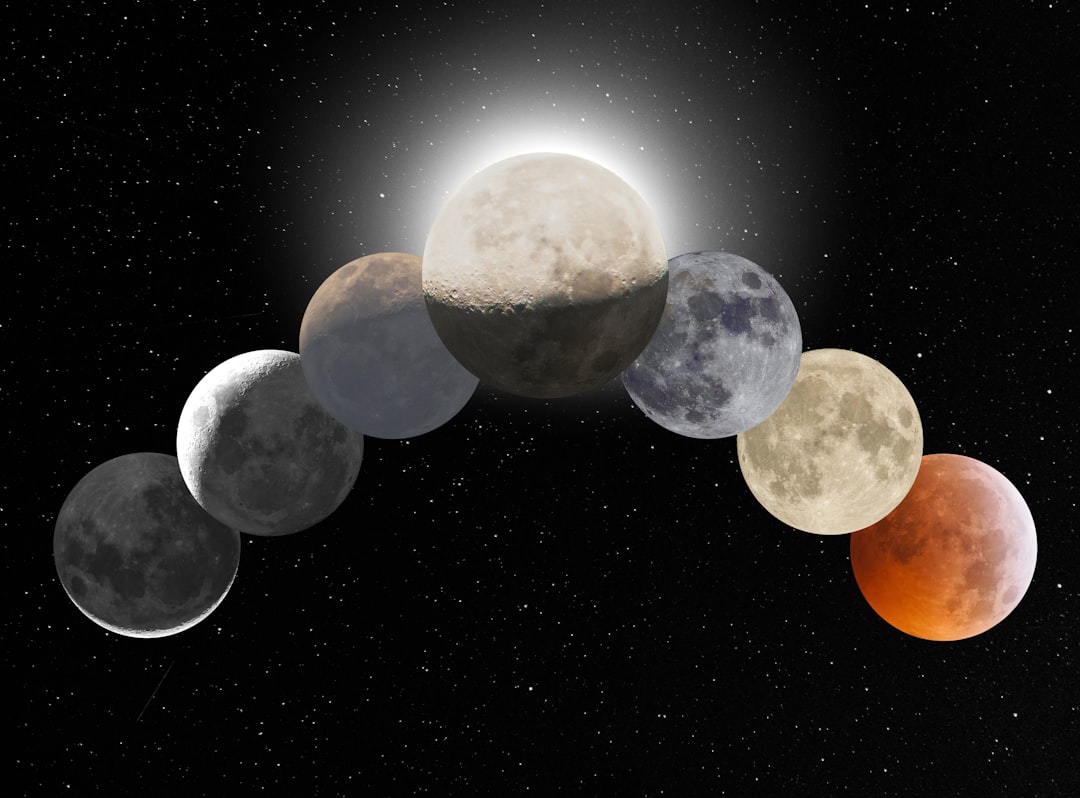For centuries, solar and lunar eclipses have mesmerized humanity, blending science, history, and mythology into captivating celestial displays. These events are not just awe-inspiring; they’re gateways to profound scientific discoveries and rich cultural narratives. With the advent of advanced technology and global collaboration, our understanding and appreciation of these astronomical phenomena have reached new heights.
Unveiling the Secrets Through Solar Eclipses
The total solar eclipse on April 8, 2024, exemplifies how these events offer unique scientific research opportunities. As it sweeps across North America, this eclipse enables scientists, supported by NASA and citizen scientists, to investigate the Sun’s interaction with Earth’s atmosphere. Projects like Citizen CATE 2024, deploying 35 teams across the continent, aim to study the dynamic changes in the Sun’s corona, showcasing the eclipse as a live laboratory for heliophysics research.
The Thrill of Eclipse Chasing
The pursuit of witnessing these celestial events, known as eclipse chasing, encapsulates the human fascination with these phenomena. Enthusiasts like Glenn Schneider, who plots flight paths for optimal viewing, highlight the dedication and passion of the eclipse-chasing community. This passion extends beyond mere observation, driving a quest for knowledge and understanding.
Navigating Resources for Eclipse Enthusiasts
For those eager to dive deeper into the world of eclipses, an abundance of resources is available. Sites like EclipseWise.com offer expert predictions and insights, while historical perspectives from the Astronomical Society of the Pacific and authors like Steve Ruskin enrich our comprehension of these events’ impacts.
Lunar Eclipses: A Window to Our World
Lunar eclipses, in contrast, offer insights into Earth itself. The total lunar eclipse on September 7, 2025, will be a prime observation opportunity, showcasing the Moon bathed in Earth’s shadow. Observers in Greenwich, UK, can witness the Moon emerge from the shadow, offering a unique perspective on Earth’s orbit and atmospheric effects on sunlight.
Ensuring Safe Eclipse Viewing
As eclipse viewing becomes more accessible, safety remains paramount. Experts like Jack Singal advocate for proper eclipse glasses and viewing techniques to prevent eye damage, underscoring the importance of safe observation practices.
Conclusion: The Collective Experience of Eclipses
Eclipses are more than mere natural wonders; they symbolize the unity of scientists, enthusiasts, and the public in a shared celestial experience. Through observation, research, and education, each eclipse fosters greater scientific understanding and public appreciation of our cosmic surroundings.
As we anticipate future eclipses, let’s view them not only as breathtaking spectacles but also as opportunities for discovery, education, and unity. Whether through a telescope, a computer screen, or eclipse glasses, the shadows cast by our celestial neighbors have profound lessons to offer.
